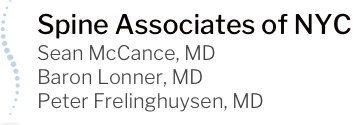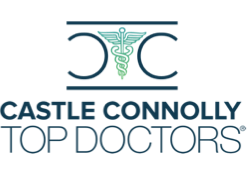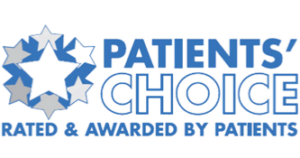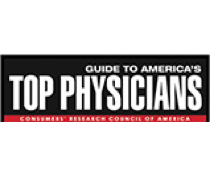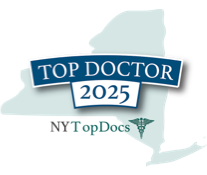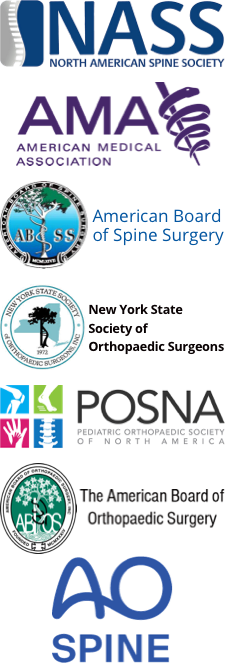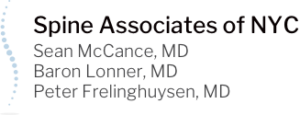Contrary to popular knowledge, scoliosis does not exclusively affect adolescents. Many people experience scoliosis for the first time as older adults, and in a recent New York Times Well Blog post, long-time health journalist Jane Brody shared her own experience with this condition. Also known as degenerative scoliosis, this condition occurs most frequently in people over 65. In a study by orthopedists at Maimonides Medical Center in Brooklyn, 68 percent of healthy volunteers over age 60 had spinal deformities that met the definition of scoliosis.
Degenerative scoliosis is caused by a gradual deterioration of the disks and facet joints. This is the same process that can lead to osteoarthritis and stenosis of the spine, but causes the spine to curve to one side. In Brody’s experience, she and her son were out on a hike when he noticed that her hips were uneven. Getting shorter and visible signs of a postural imbalance are key indicators that something may be wrong.
Pain from adult scoliosis usually begins in the lower back due to the degeneration and curvature. In order to properly diagnose the condition, a Spine Specialist will perform a physical exam, do a detailed neurological exam , take x-rays and measure curve size.
Typically, initial treatment is conservative and non-surgical. When Ms. Brody was diagnosed, she was prescribed a yoga exercise, specifically side planks, which she notes as being helpful to her condition. Core-strengthening exercises help to better support the spine and can reduce the risk of developing the condition, or, in Ms. Brody’s case, actually minimize symptoms.
If symptoms persist or progress, I recommend mild pain medication or a brace, and possibly injections. Surgery is reserved for patients with more severe symptoms that are not improved through these methods. In this subset of patients, their back and leg pain can be disabling and it’s difficult for them to take part in the common activities of daily life. In properly selected patients, with well performed surgery, adult patients can experience excellent outcomes with scoliosis corrective surgery. The peri-operative complication rate is higher than in adolescents who undergo this type of surgery, but this does not usually affect long term outcome.
If you’re concerned about yourself or a loved one potentially experiencing symptoms of this condition, I recommend seeing a Spine Specialist for a full assessment.
